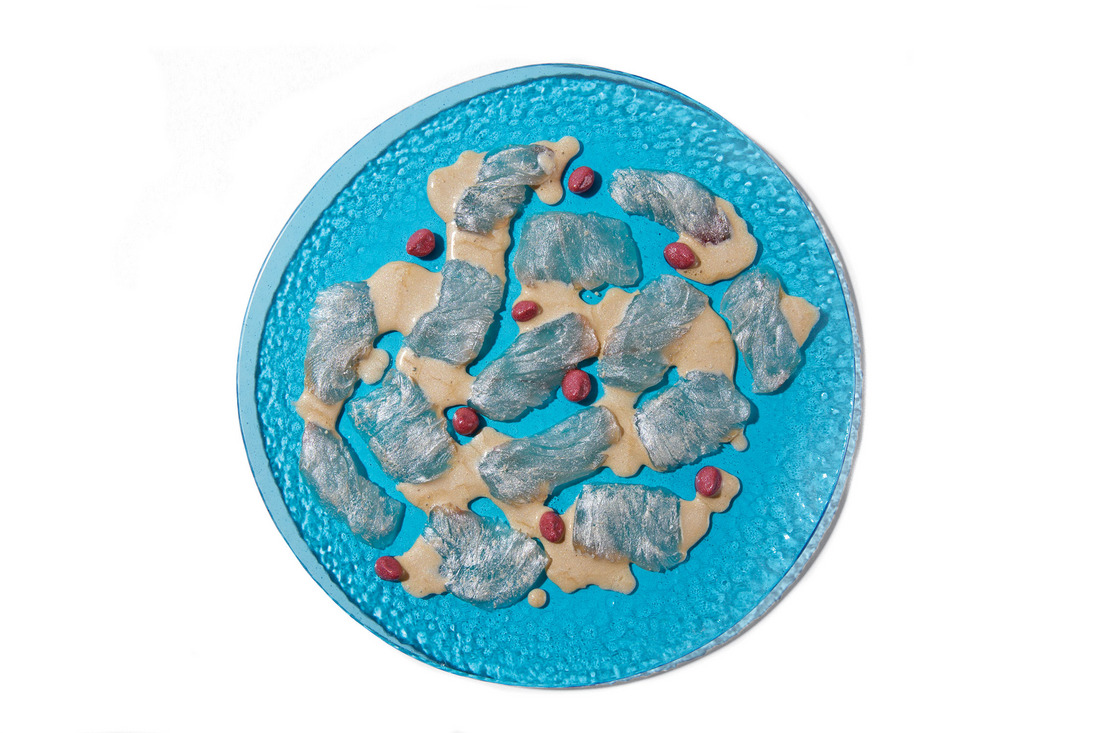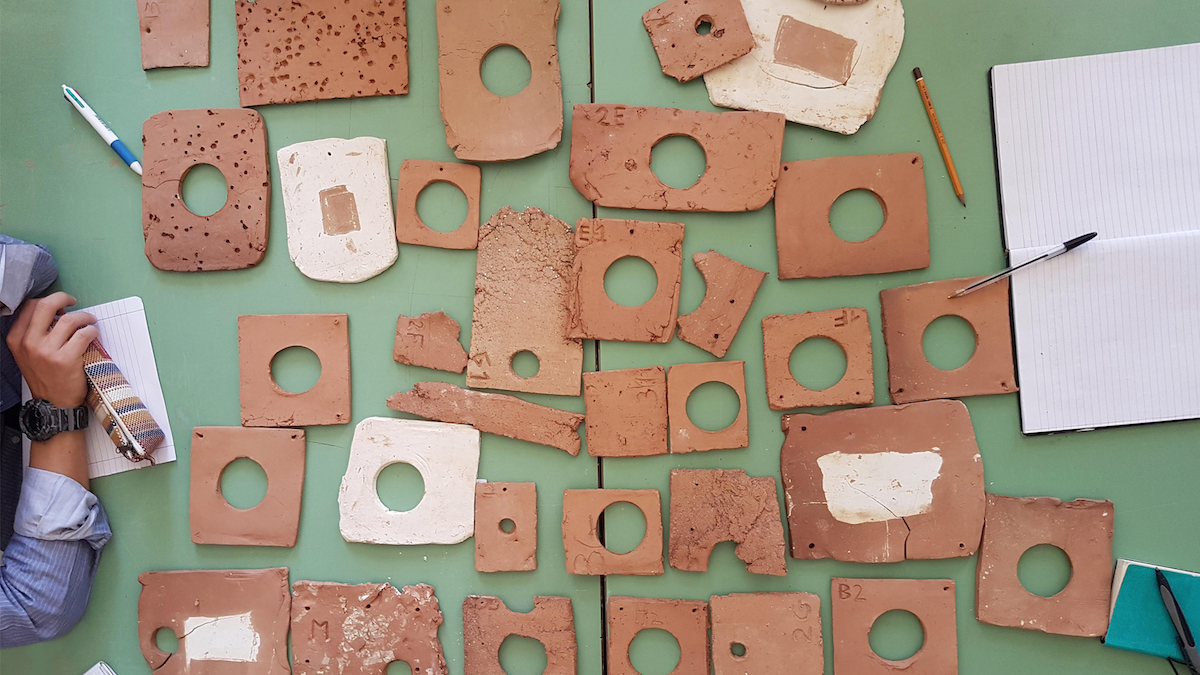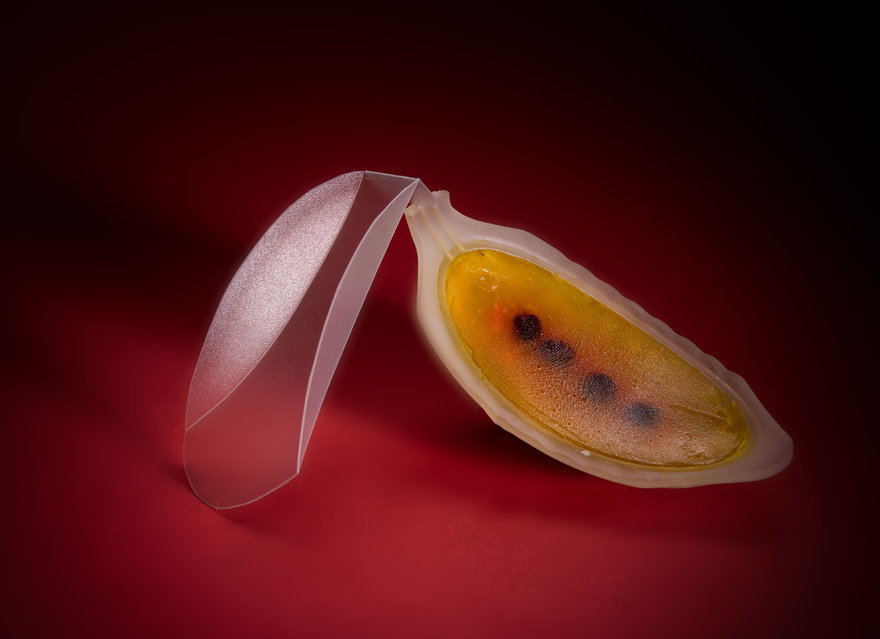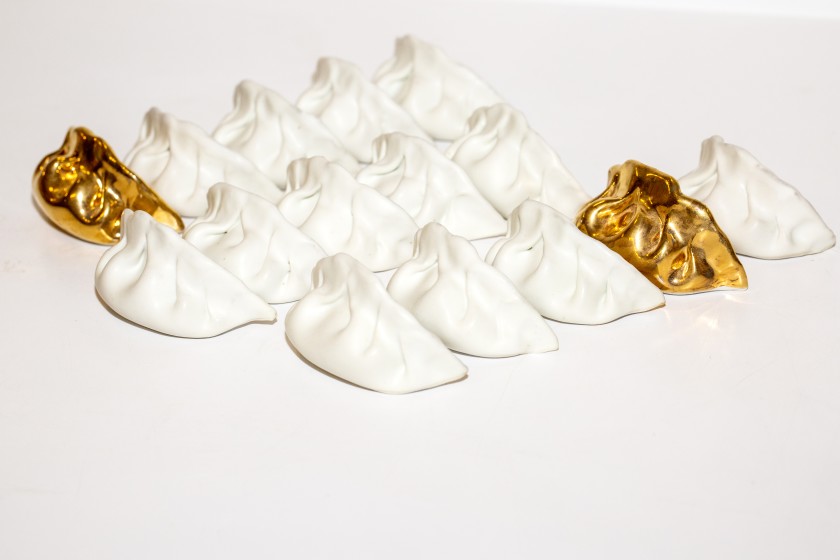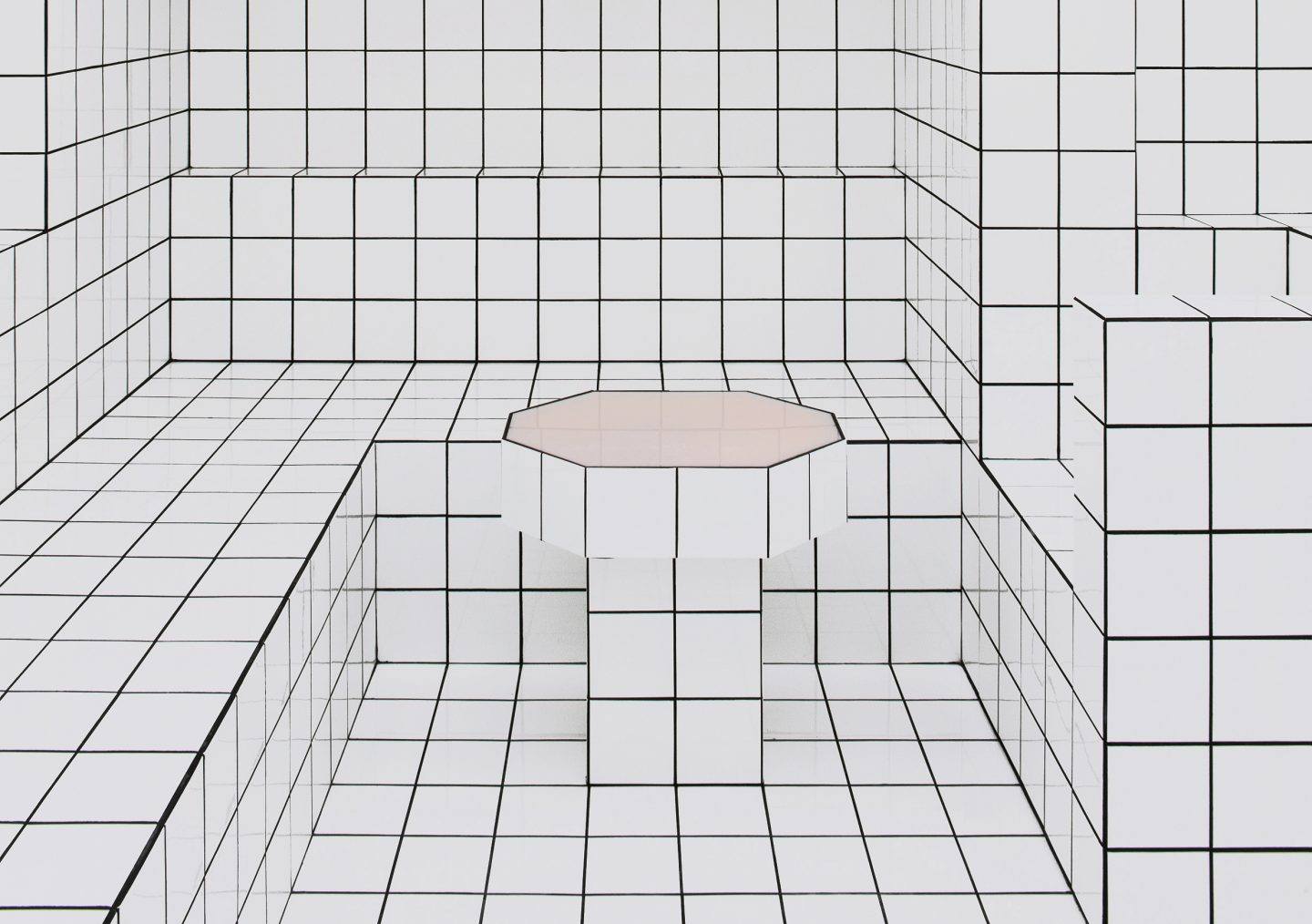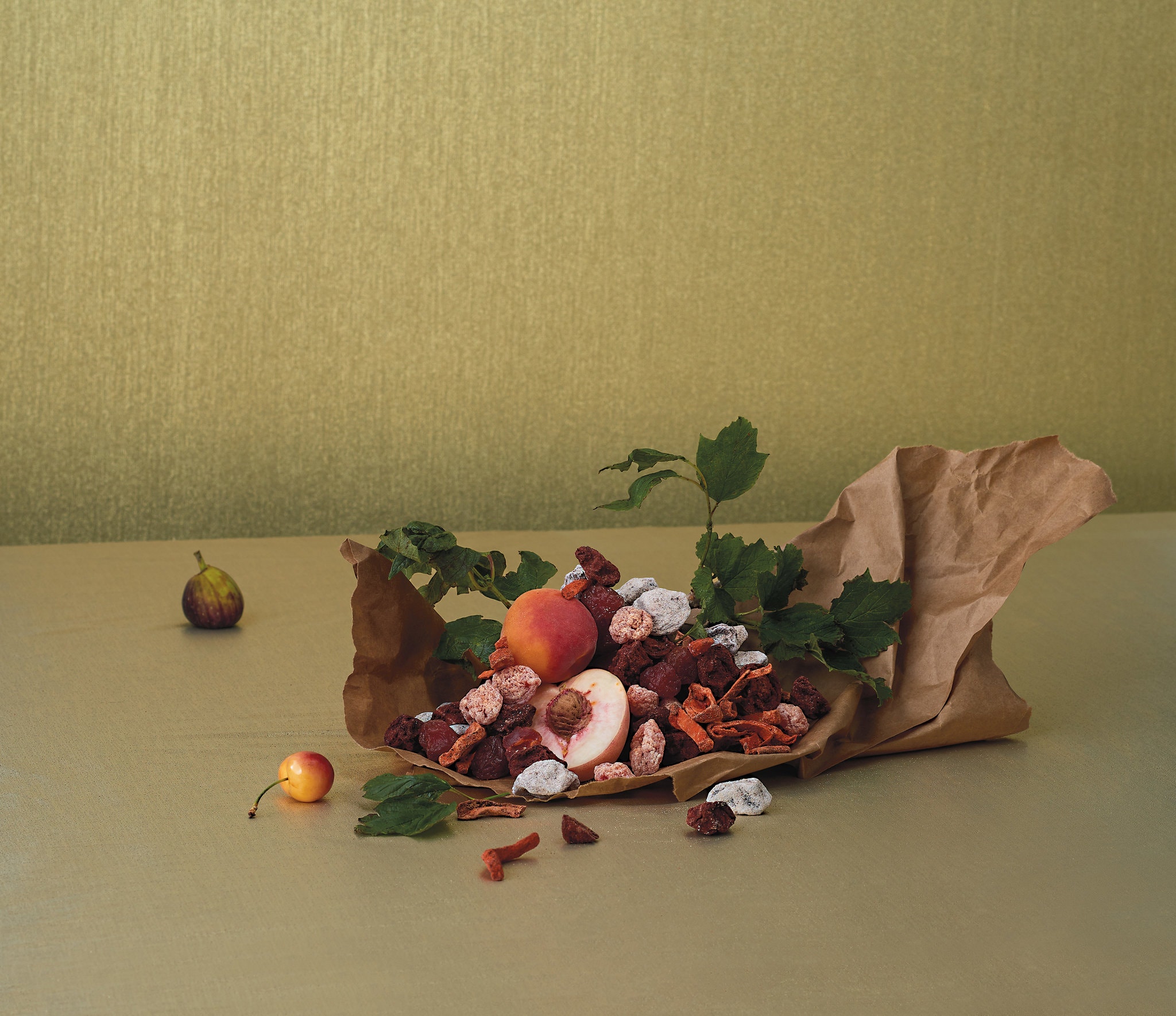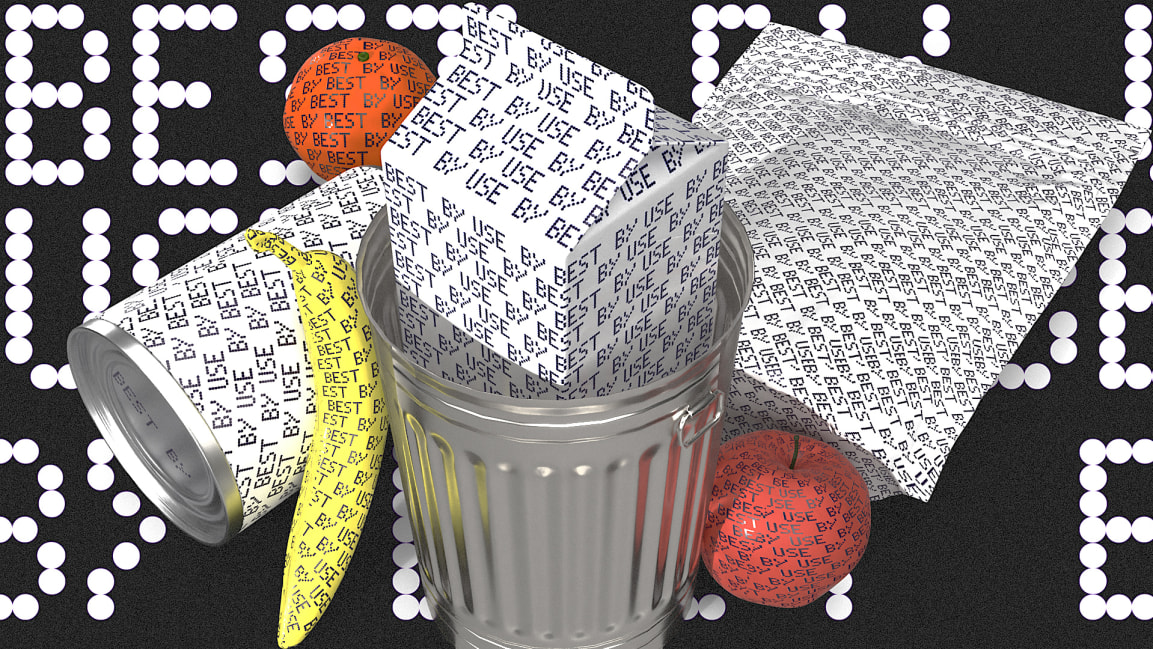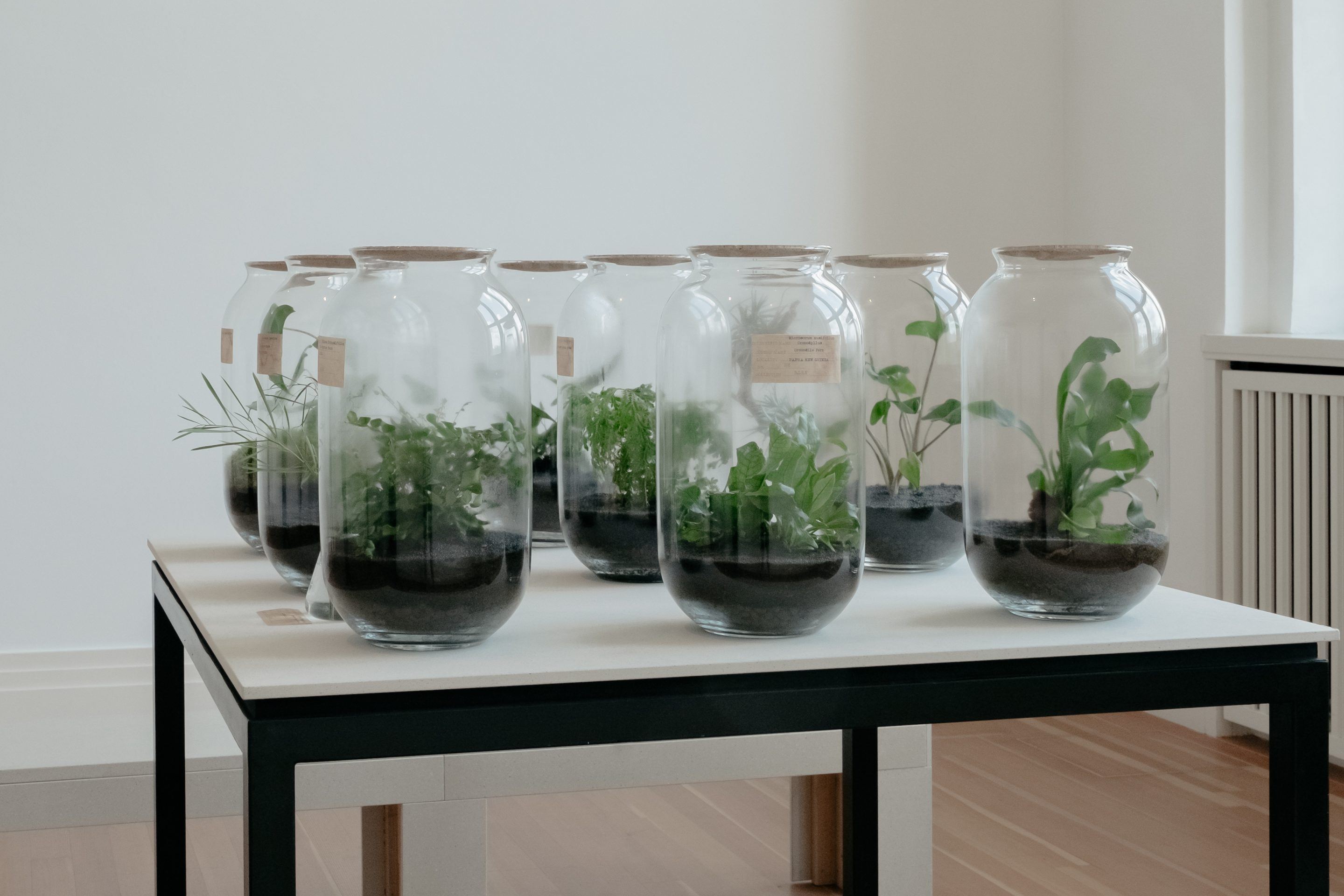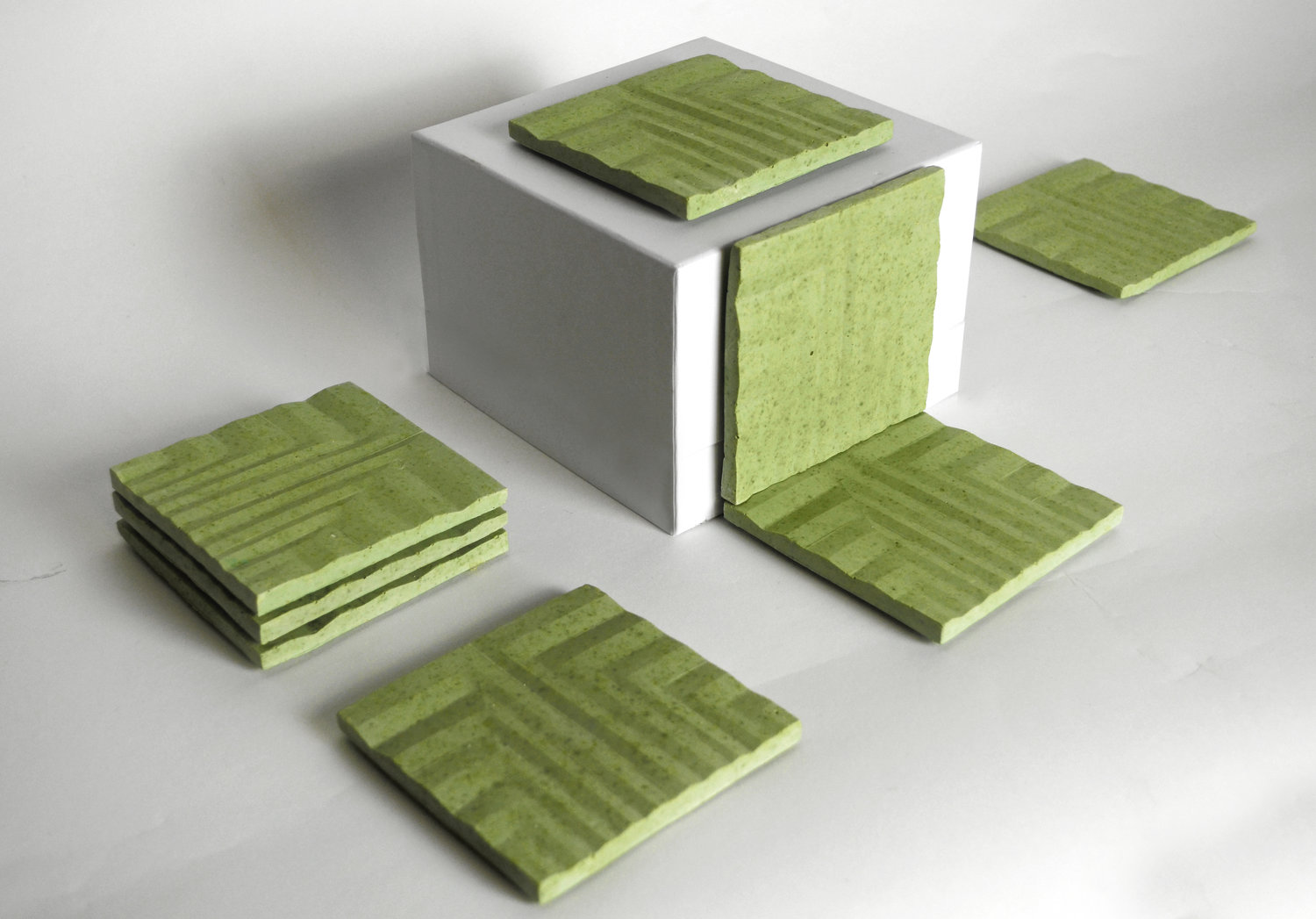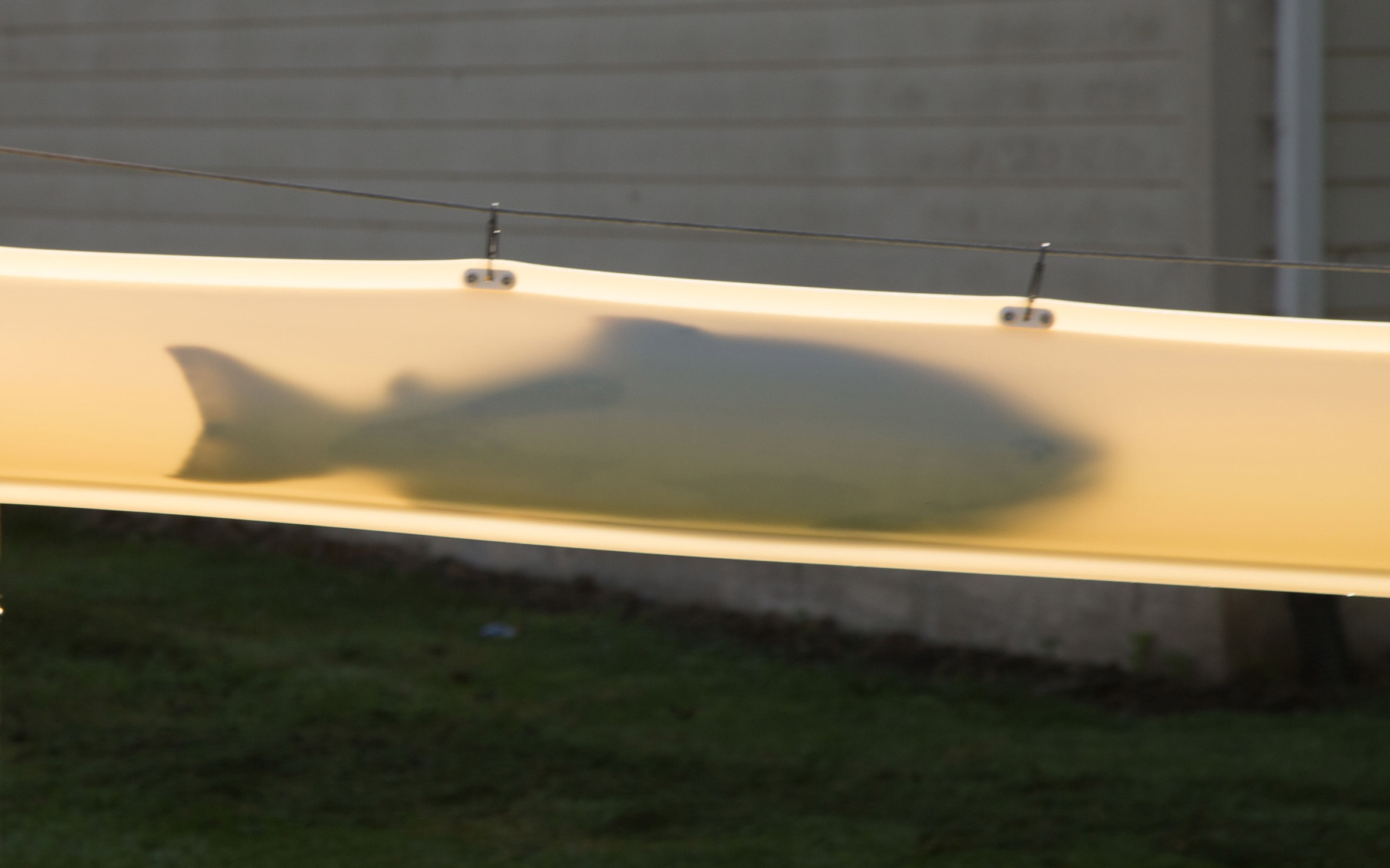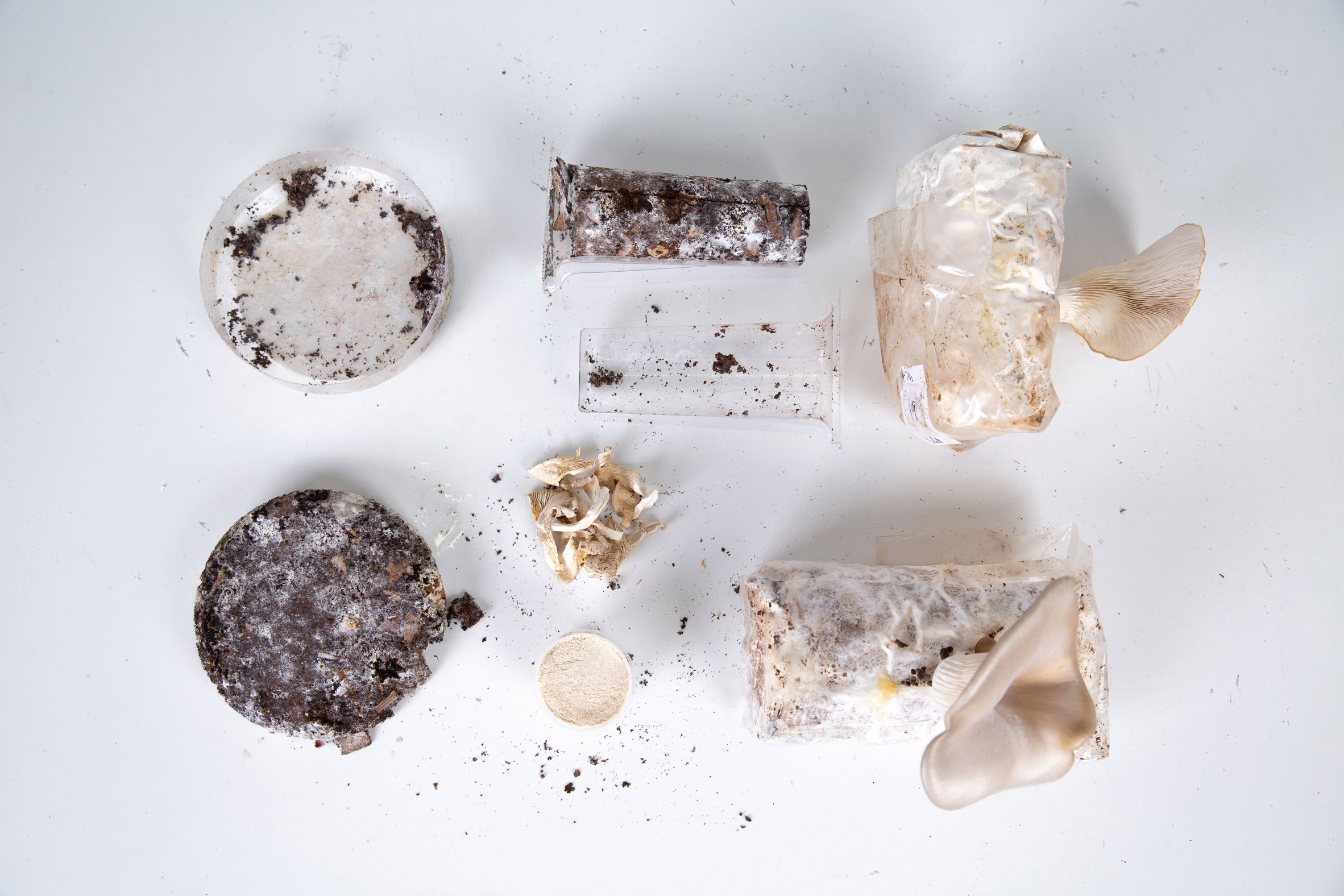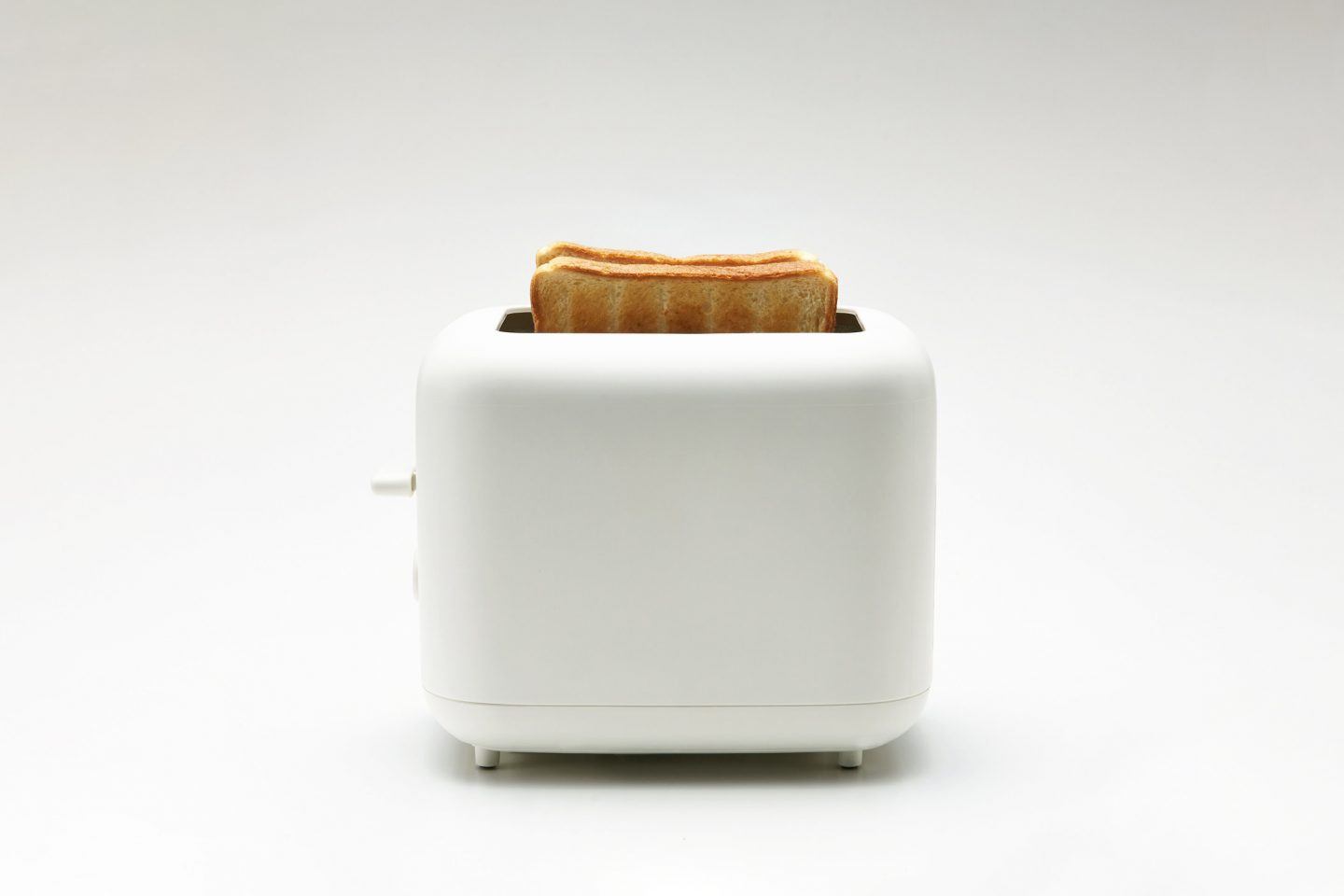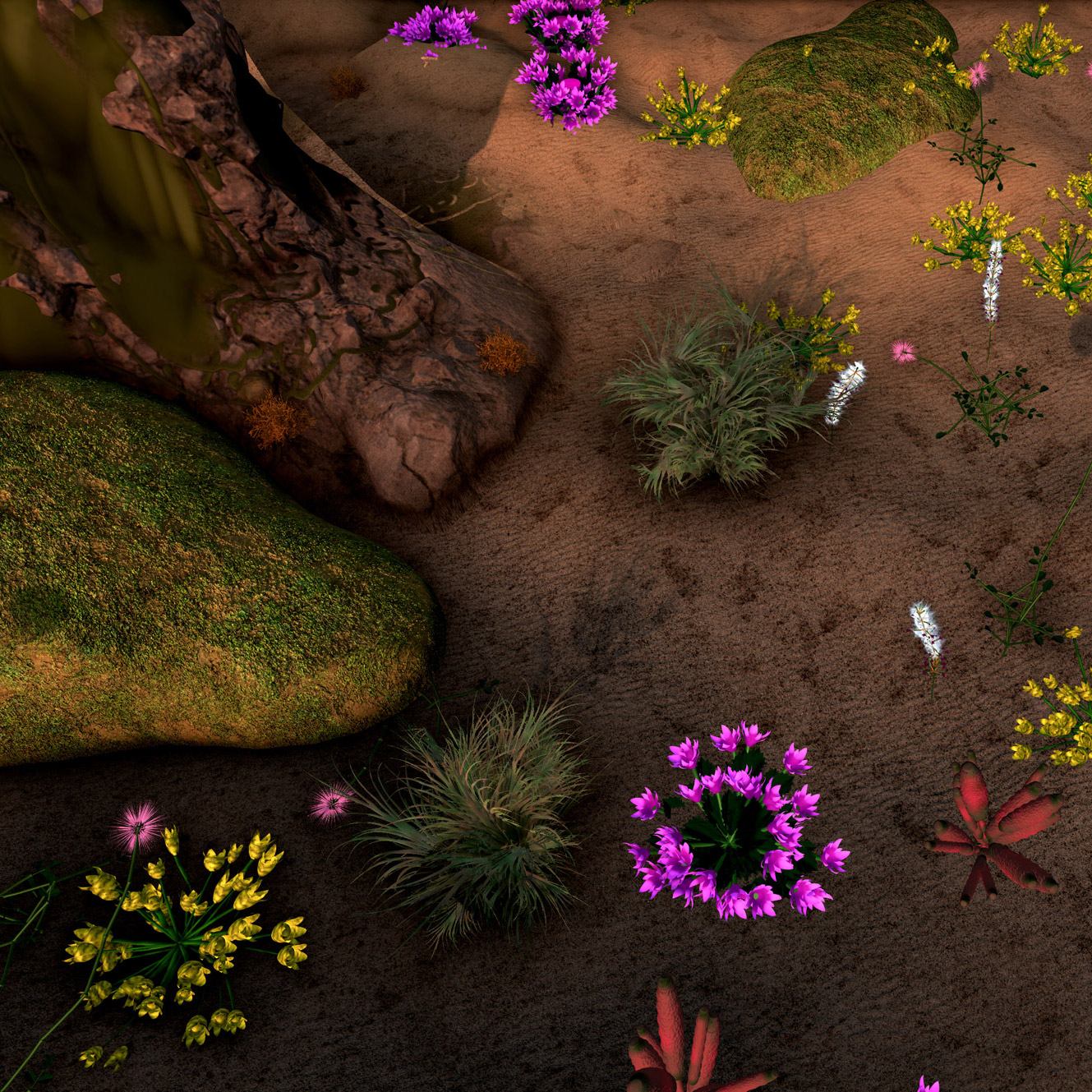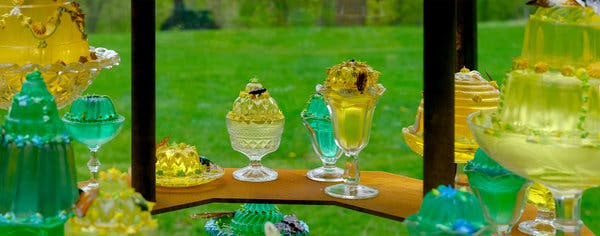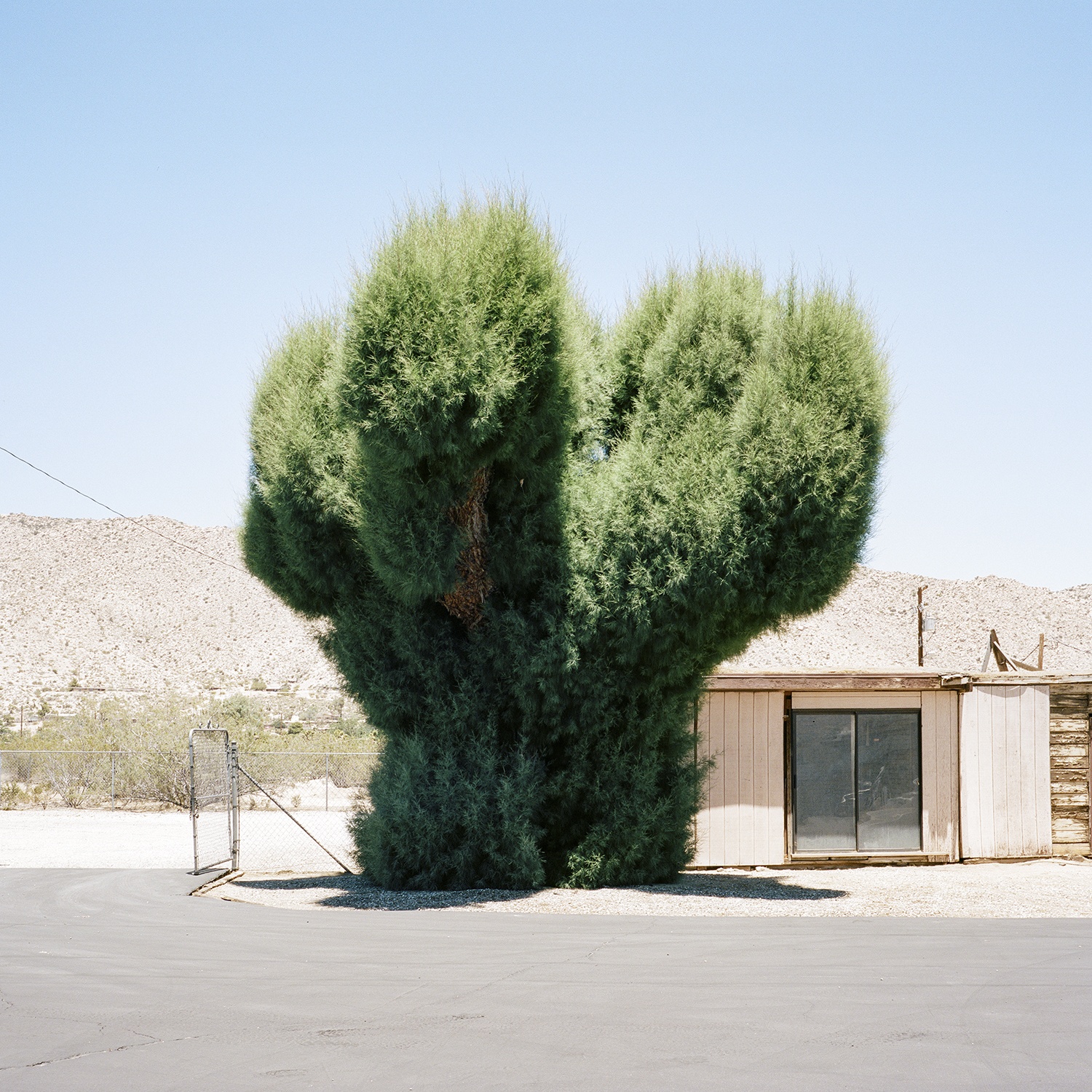Our weekly serving of off-the-menu items – a few popular favorites from the week, as well as a few morsels that may have slipped your notice.
 Photo courtesy of Impossible Foods.
Photo courtesy of Impossible Foods.
FDA Delivers Decision on Impossible Burger
The verdict is in: the FDA has officially pronounced the Impossible Burger safe to eat. The key ingredient for the burger’s seemingly-bloody appearance, heme, has sparked significant controversy. Concerned over its lab-grown origins, people have questioned heme’s impact on health. Finally retracting their initial uncertainty, the FDA has now confirmed that it is safe to consume the Impossible Burger and other food products that might use synthetically derived protein. As Impossible Foods’ CEO and founder Pat Brown told Fortune, “this particular heme protein is new to the food system. That’s why we felt that it’s important to us to do the safety testing.”
 The gourds are grown inside a 3D printed mold to produce their specific shape.
The gourds are grown inside a 3D printed mold to produce their specific shape.
Jun Aizaki Designs Cups Grown from Gourds
Founder of the studio Crѐme Design, Jun Aizaki has created HyO-Cups, a completely biodegradable cup that is grown from a gourd. To create the HyO-Cup, a gourd is grown into a 3D printed mold, shaping it into a cup as the fruit develops. Once the gourd is finished growing, it is left to dry in the sun for two to three months.
 Necco shuts down its factory after its anonymous purchase.
Necco shuts down its factory after its anonymous purchase.
Oldest Continuous Candy Manufacturer in US Closes
After an apparent salvation from bankruptcy earlier this summer, Necco has officially been shut down. The country’s oldest continuous candy maker, Necco was responsible for producing Valentine’s Candy Hearts and their signature Necco Wafers, among other candies. Although Necco was briefly purchased by the Metropoulos family (responsible for saving Twinkies) while on the brink of closing down, the Metropoulos family recently revealed that they shortly sold the company to an undisclosed candy manufacturer, responsible for shutting down the Necco factory.
 Kay Stepkin founded the National Vegetarian Museum to teach others about the history of the vegetarian movement.
Kay Stepkin founded the National Vegetarian Museum to teach others about the history of the vegetarian movement.
Uncovering Chicago’s Vegetarian History
Kay Stepkin, founder of the US’ first vegetarian museum in 2016, is working to ensure that the complex and obscured history of Chicago’s status as a vegetarian mecca doesn’t go uncovered. Although Chicago is classically associated with the meat industry – everything from slaughterhouses to hot dog condiments to the recently opened Vienna Beef museum – it’s also home to the incipience of the vegetarian movement in America. Stepkin’s traveling exhibit “What Does It Mean to Be Vegetarian?” outlines the complicated development of vegetarianism in Chicago.
 While May Wah Vegetarian Market’s products may look like meat, they are all made from plants.
While May Wah Vegetarian Market’s products may look like meat, they are all made from plants.
Meet the Mock Meat Shop that’s been Feeding NYC for Over Two Decades
At May Wah Vegetarian Market in NYC’s Chinatown, grocery store aisles are lined with plant based imitation meats, made from soybeans, mushrooms, and konjac. This family owned market was founded by Lee Mee Ng; after immigrating with her daughter from Taiwan, Lee Mee recognized a need for a store that sold mock meats. A Taoist herself, the market reflects the traditions of religions like Taoism and Buddhism, that emphasize a respect for all living creatures.

Ryuichi Sakamoto’s Restaurant Soundtrack
Annoyed by the music played overhead at most restaurants, the musician and composer Ryuichi Sakamoto created a playlist for his favorite restaurant, Kajitsu, in Manhattan. This article goes into the importance and consideration for restaurant music at establishments around New York City and includes a shout out to MOLD favorites Gray V (see a full profile of the sound designers for our future of hospitality feature here.)
